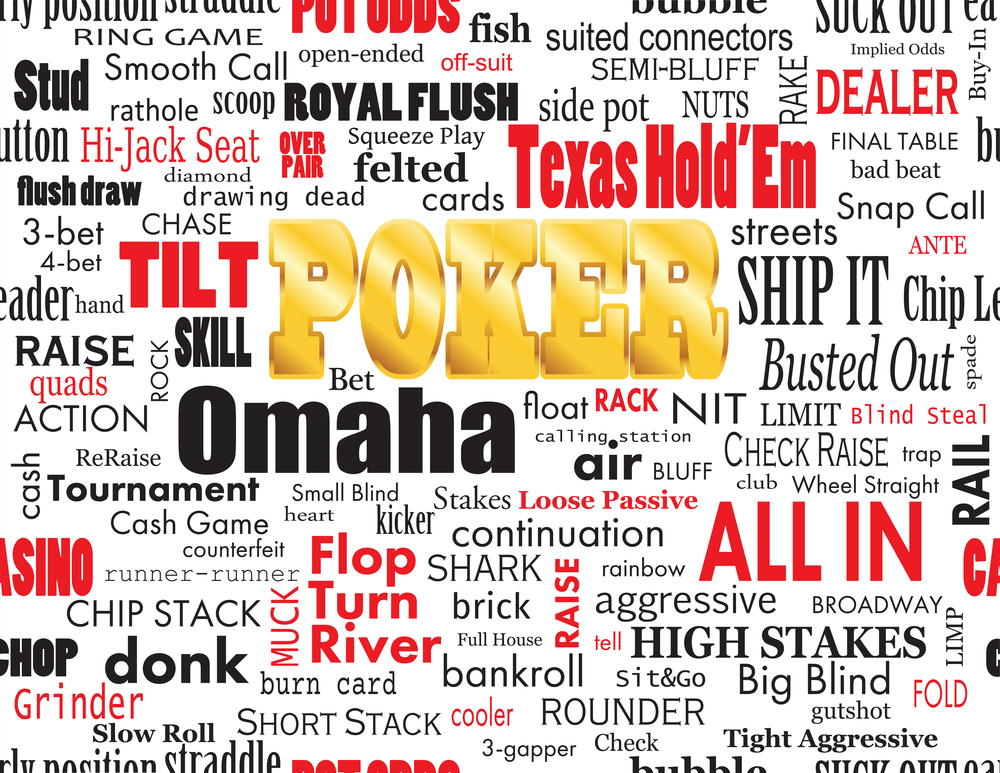
Calculating pot odds is the basis for every successful poker strategy
To a beginner, calculating poker pot odds can seem a very daunting task but it is a fundamental skill that any successful poker player needs to grasp. Pot odds are essentially, in layman’s terms, your probability or likelihood of winning any given hand. This is so crucial in the game of poker because, based on this you can calculate the number of outs you have in any hand (as an estimated figure) and therefore have an idea on the amount you need to call to see another card. This short article will take you through some of the essential details as to how you can calculate pot odds, what exactly they are and how to incorporate them in your playing style.
Why should you calculate pot odds?
Poker is a long haul game and so having a logical and effective poker strategy is imperative to your success in the long run. The ability to calculate pot odds, not only accurately but quickly, is one of the most crucial and fundamental skills you need to add to your poker repertoire. For this reason, having this in your arsenal can help you have a significant advantage over your lesser experienced poker players who are perhaps just starting out. Equally, if you are just starting out, calculating pot odds should be the first strategic skill that you master.
It is also a relatively simple skill to master as long as you understand some of the specifics and intricacies involved; before long it will become second nature to you.
The different types of pot odds and outs:
Calculating your pot odds is all about logically predicting how many outs you need until you will have a potentially winning hand. This is particularly helpful with regards to a long term strategy. In the precarious game that is poker, you will inevitably occasionally have to put money on a bad hand and so the ability to calculate your odds and outs strategically, can mean that you can make a better hand than your opponent later down the line. The cards which cause you to have a winning hand are known as ‘outs’. Whilst calculating these outs will never be an exact science, if you strategically set your opponent up to be on a specific range of probable hands, it will be much easier to calculate your outs.
There are, however, different types of outs and odds which can catch rookie players off guard and which must be looked out for:
Half-outs occur when, what you might believe to be outs only count as half. This arises when you make your hand but are still overpowered by your opponent’s flush.
Hidden outs are outs which will not necessarily help your hand in the first instance but which can still damage your opponent’s hand.
Implied odds serve as an additional tool to calculating your pot odds. The implied odds are essentially the calculation of your probable or expected win after you make your draw. In essence, implied odds can be a very useful tool when you are determining whether you should draw your hand when you are faced with the dilemma of a raise.
Calculating your pot odds quickly and effectively:
Although poker is a long haul game, you still need to be able to think on your feet and so you will not always have an abundance of time to calculate your pot odds and required odds. Thus, there are some helpful methods for speeding up this process.
The Rule of Two and Four- The Rule of Two and Four is when you multiply the amount of outs you have by four, with two cards still yet to come. This will result in you reaching a quick and accurate estimated percentage of you making your hand by the river.
The Poker pot odds formula:
Grasping the concept of poker pot odds can be made much easier by having this equation to mind:
The monetary value already in the pot + the money added to the pot in the current round, divided by the amount you have to call.
This is a very simple equation which can be applied in practice. If, for example, there was £300 in the main pot and another £300 added in the current round and you had £100 to call, this would yield a ratio or pot odd of 6:1.
All in all, once you have mastered this fundamental poker skill, you will be able to move on to and learn more complicated poker moves. Calculating your pot odds and outs, though, must become second nature before you can progress or have any chance of winning big!

